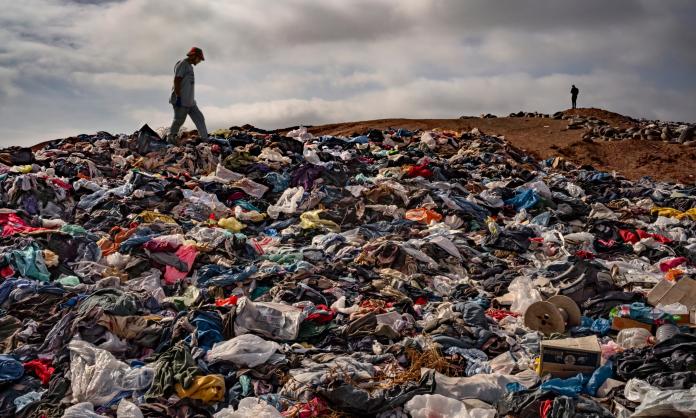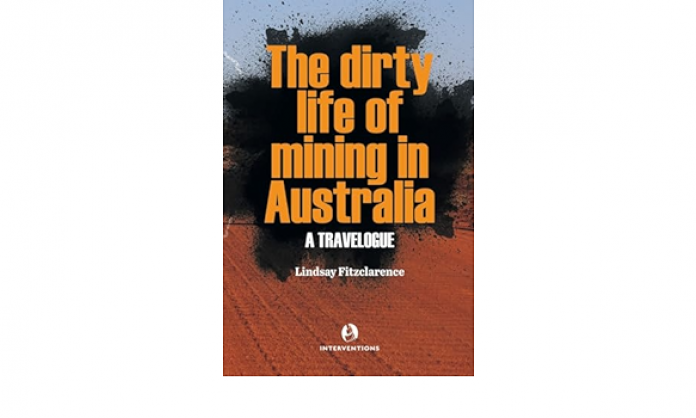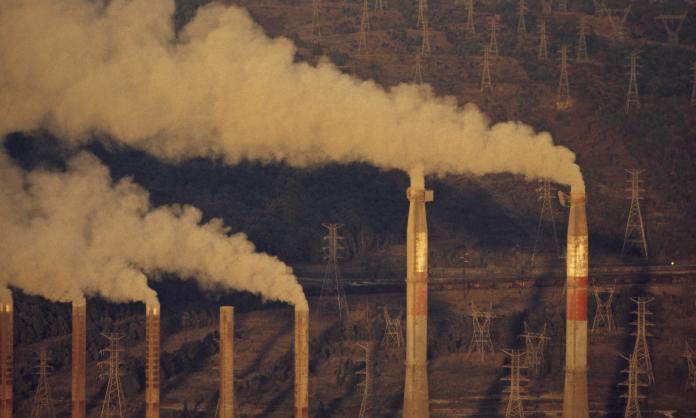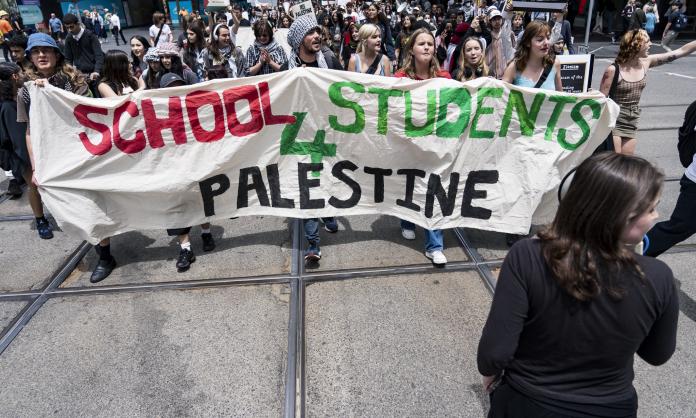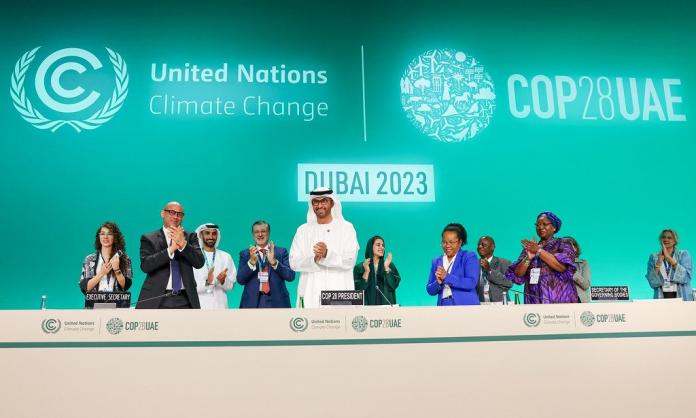Like many people, I’ve been pushed out of the inner city by the housing crisis. I live in Tarneit, in Melbourne’s outer west. Every morning, I debate whether to spend two hours on public transport or try my luck driving across the West Gate Bridge.
The West Gate is Australia’s most congested bridge; more than 200,000 vehicles cross it every day. A single accident can create gridlock for more than 20 kilometres.
One day in early March, traffic was so bad that we were diverted out past the westernmost edge of the urban sprawl and into the paddocks, only to be stuck bumper to bumper anyway.
I wondered what had happened. When I heard it was a climate protest, I smiled.
Three climate activists had hired a truck and parked it across three lanes on the bridge, unfurling a banner: “DECLARE A CLIMATE EMERGENCY”.
The voice of one of them, Bradley Homewood, a truck driver also from the western suburbs, was beamed through my car radio: “We’ve tried all the conventional methods of campaigning; none of them have worked, so we are engaging in non-violent civil resistance”.
Say what you want about their tactics, but you have to admire the conviction.
The protesters were arrested for “public nuisance”. Yet just across the bridge, in Southbank, police blocked many more lanes of traffic while escorting a cavalcade of climate criminals to the Melbourne Convention and Exhibition Centre.
There they met for a special summit of ASEAN, the Association of South-East Asian Nations.
While the West Gate protesters were remanded in custody, heads of state and mining billionaires were wining and dining, wheeling and dealing at the summit’s CEO lunch.
In 2019, I linked arms with other climate activists at the same venue to blockade and disrupt another gathering of climate criminals: the International Mining and Resource Conference. I’ve blocked traffic and caused other disruptions protesting the climate crisis, among other things, more times than I can remember. In my mind, it’s the least I can do.
Homewood said of their protest: “Climate breakdown will be much more of an inconvenience”. He’s right.
As Green’s state MP Ellen Sandell, who backed the protesters, told reporters on the day:
“We’ve already had literally thousands of people evacuated from their homes because of fires this year. We’ve had thousands and thousands of people without power because of storms exacerbated by climate change. These are the kinds of disruptions that we’re seeing already because of climate change.”
Violet Coco, another of the protesters, said in a statement:
“Australia is the third largest exporter of fossil fuels in the world, and thus one of the biggest contributors to the global death project that is already killing people via flood, fire, drought and famine.”
While governments and capitalists responsible for increasing carbon emissions broke bread, Homewood and Coco were sentenced to 21 days in jail (they have since been released).
“Civil disobedience in the form of strikes, blockades, marches and occupations has played a crucial role in the development of democracy, and helped to secure precious rights here and around the world—including women’s suffrage, eight-hour working days, racial legal equality and environmental protections”, Coco argued in an article for Crikey.
We can debate the relative merits of different protest methods, but one thing is clear: it’s right to rebel because we won’t change the world for the better by following all the rules.
It’s the climate criminals, not the protesters, who should be jailed.





